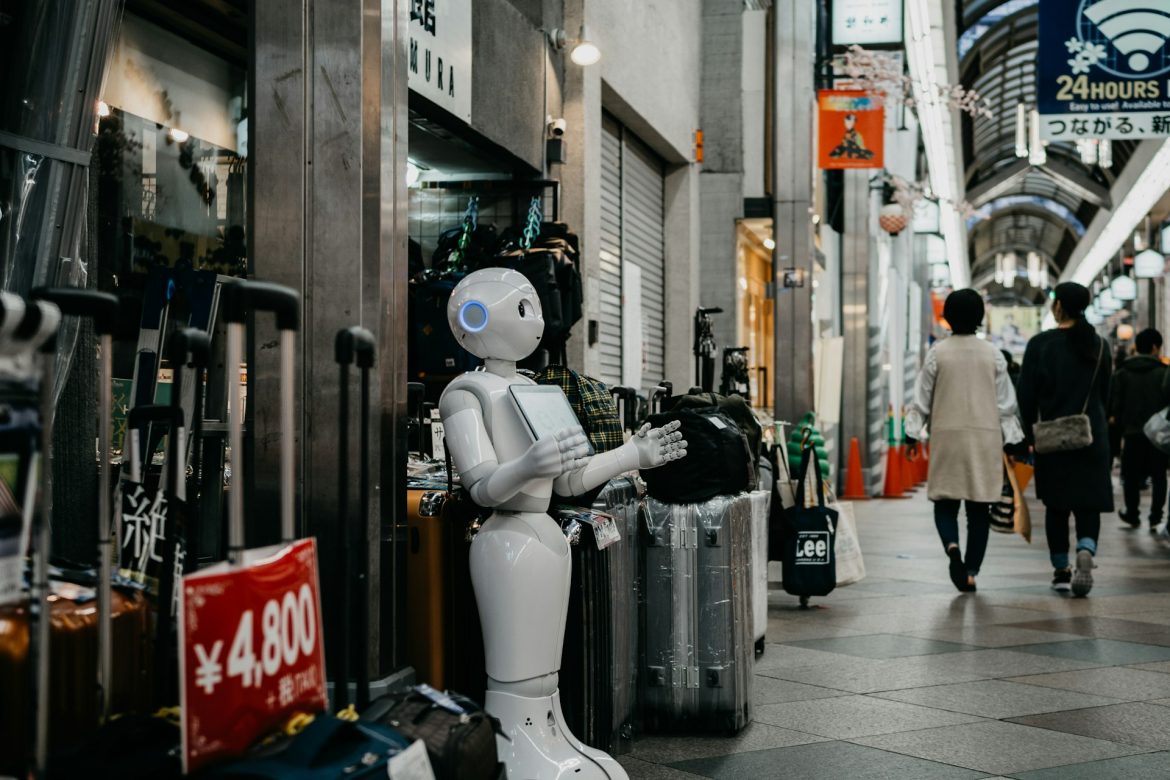The world of work is evolving at an unprecedented pace, with Artificial Intelligence (AI) and automation at the forefront of this transformation. This change is reshaping industries, creating new job opportunities, and requiring a shift in skills. Let’s explore how the future of work looks in an era dominated by AI and automation.
The Rise of AI and Automation
AI and automation are no longer just buzzwords; they are integral parts of our daily lives. From virtual assistants like Amazon’s Alexa helping us manage our homes, to Tesla’s autopilot driving us safely to our destinations, the impact is tangible. These technologies are designed to perform tasks that typically require human intelligence, such as decision making, speech recognition, and even creative endeavors.
Impact on Various Industries
Healthcare
In healthcare, AI is revolutionizing patient care and research. IBM Watson Health is a prime example, assisting doctors in making faster, more accurate diagnoses by analyzing vast amounts of medical data. This not only improves patient outcomes but also streamlines the healthcare process.
Manufacturing
Automation has long been a staple in manufacturing, but the introduction of AI is taking it to a new level. ABB Robotics is pioneering the use of AI in robotics, enhancing precision and efficiency on the production line. This transition to “smart factories” is optimizing production processes and reducing downtime.
Retail
In retail, AI is transforming customer experiences. Amazon Go stores are a prime example, offering a checkout-free shopping experience by using advanced AI to track what customers pick up. This not only makes shopping more convenient but also optimizes inventory management.
Job Market Evolution
The integration of AI and automation into industries is reshaping the job market. While certain tasks are being automated, new roles are emerging that require a different set of skills. For instance, there’s a growing demand for AI specialists, data analysts, and robotics engineers.
Preparing for the Future
To stay relevant in this evolving job market, it’s crucial to adapt and acquire new skills. This means focusing on skills that AI and automation are unlikely to replicate soon, such as emotional intelligence, creativity, and complex problem-solving.
Lifelong Learning
Embracing lifelong learning is key. Platforms like Coursera and Udemy offer courses on AI, machine learning, and data science, making it easier for individuals to upskill or reskill.
Emphasizing Human Skills
While technical skills are important, soft skills like communication, empathy, and leadership remain invaluable. These human-centric skills ensure that we can work alongside AI and automation effectively.
Conclusion
The future of work is undeniably intertwined with AI and automation. As these technologies continue to advance, they will keep reshaping industries and the job market. By understanding these changes and preparing for them, individuals and businesses can thrive in this new era. Embracing change, focusing on lifelong learning, and developing a blend of technical and soft skills are the keys to success in the future of work.

